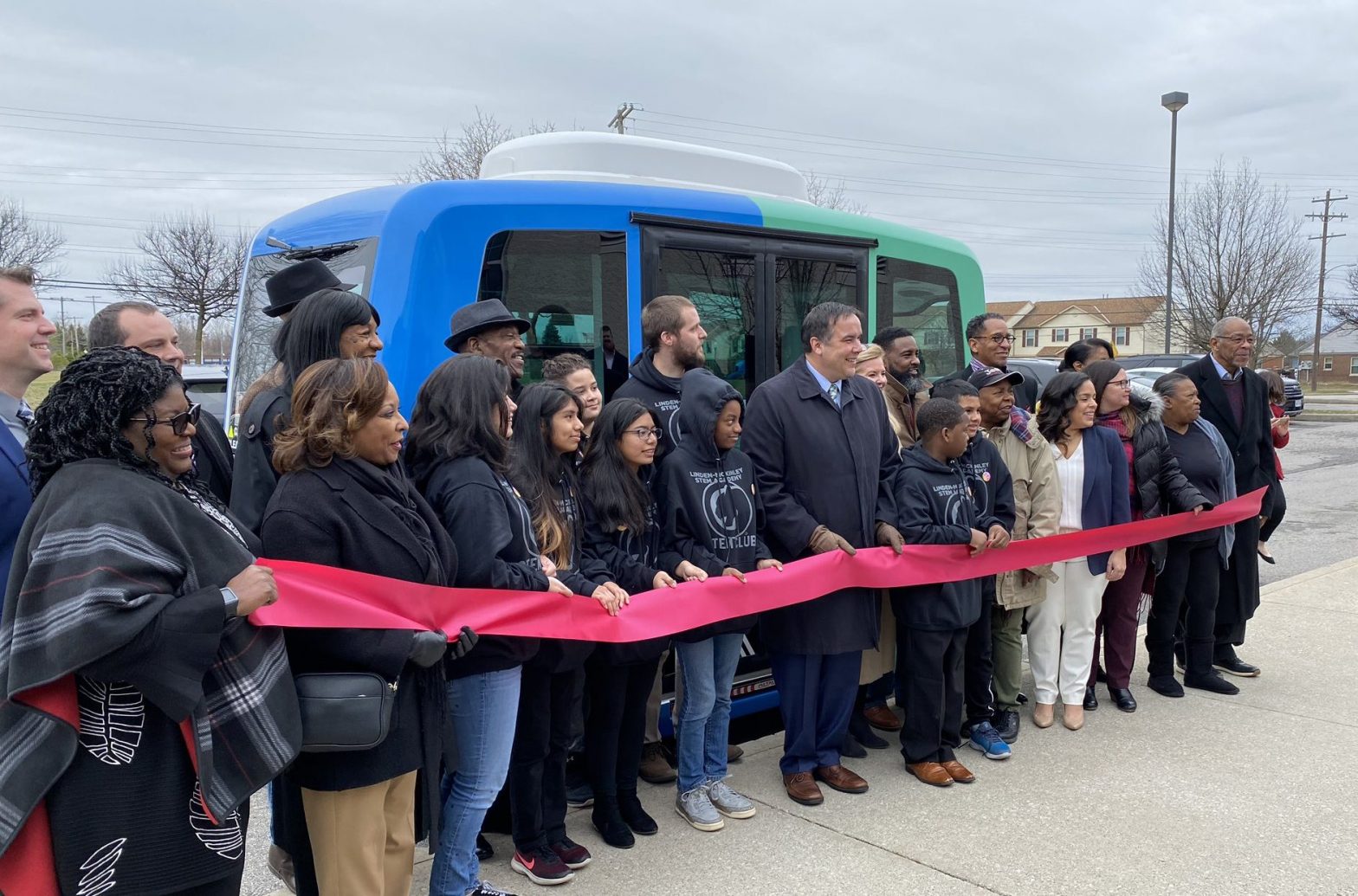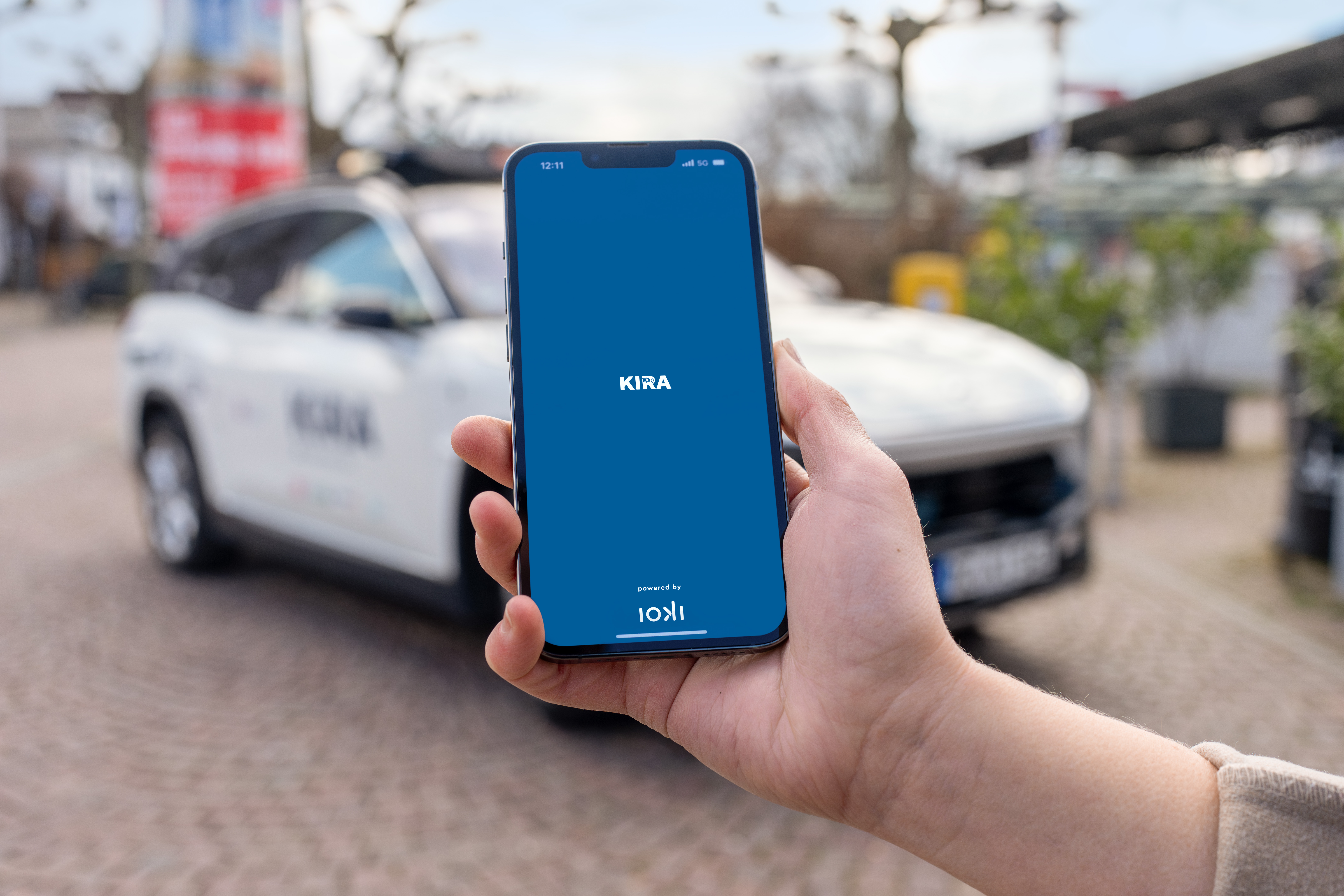
Photo: Smart Columbus
Columbus launches daily autonomous shuttle service
14 February 2020
by Christopher Carey
US Department of Transportation Smart City Challenge winner Columbus has launched a daily self-driving shuttle service, the first of its kind in the US.
The Linden LEAP will link passengers in the historically disadvantaged northeast neighbourhood of Linden to the city’s bus rapid transit line–the CMAX–which was created in 2018.
It will also ferry passengers to and from local community recreation centres and other facilities providing childcare and other social needs.
While other US cities have experimented with self-driving shuttles, Columbus is the first to operate a daily service that is fully integrated into the public-transit network.
Speaking to Cities Today, Mandy Bishop, Smart Columbus Programme Manager, said: “The reaction from the public has been amazing. They’re very supportive, very curious about the technology. In the Linden neighbourhood resident engagement really drove our final decision, we met with residents and community leaders to find what people wanted. We looked at a lot of different areas that we could connect people to, and what we kept hearing was ‘I want to get connected to more [transit] services’.”
Two all-electric vehicles will carry up to 12 passengers at a time, servicing a 4.6 kilometre, four-stop route, with each stop getting a service every 12 minutes.
The vehicles are wheelchair accessible and have a maximum speed of 40 kilometres per hour.
An on-board ‘customer service ambassador’ will ride in each vehicle in order to take control if required, and children under 12 need to accompanied by an adult.
The shuttles, which are free to ride, will operate from 6:00 a.m to 8:00 p.m daily, with stops in service between 8-9:30 am and 2-3:30 pm (peak school drop-off/pick-up times) to comply with a federal mandate.
In 2016 Columbus won the US Department of Transportation’s Smart City Challenge, and was awarded US$40 million to transform its transportation system.
Its winning pitch was based on improving the public health of socially disadvantaged residents by transforming its public transport system to better serve this demographic.
The total cost of the Linden Leap project is expected to be US$1,125,000, and will be covered with city funds.
“It’s funded by city dollars, in addition to the US$40 million [received from the Smart City Challenge] the city also has US$18 million local dollars—that’s city, state and some county money, with the city providing the vast majority of the funds,” added Bishop. “We don’t necessarily try to incorporate federal funds into every single project. We look at what makes sense from a financial perspective.”
The vehicles are manufactured by French company EasyMile, which has its U.S. headquarters in Denver.







